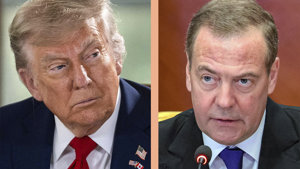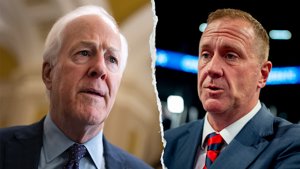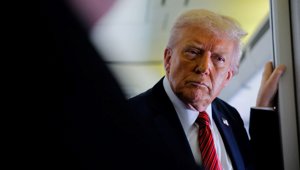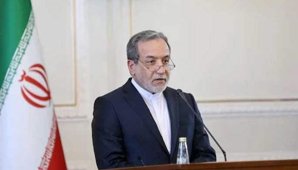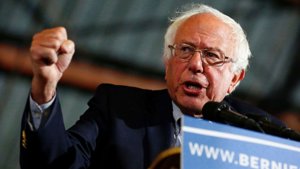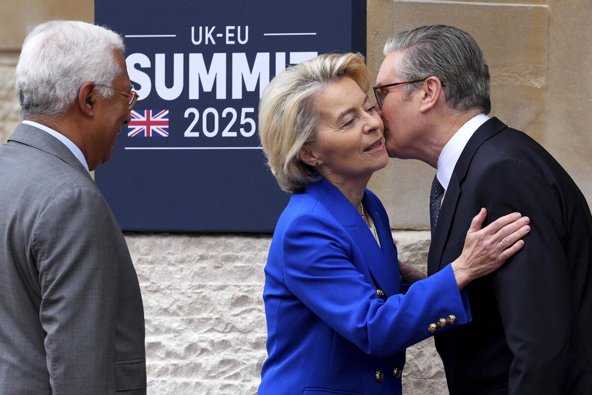
UK, EU Seal Defense, Trade Deal Under Trump Pressure
The UK and EU strike a major defense and trade pact in response to Trump’s hardline policies, boosting transatlantic cooperation.
UK and EU Seal Landmark Deal Amid Global Realignment
Amid shifting geopolitical currents under President Donald Trump’s renewed leadership, the United Kingdom and the European Union finalized their most significant agreement since Brexit, announcing a sweeping pact on defense and trade cooperation. The deal, revealed Monday, is aimed at reinforcing continental stability and countering global uncertainty.
Nearly a decade after the UK’s 2016 Brexit referendum, the agreement marks a turning point in UK-EU relations. It facilitates smoother trade by reducing bureaucratic barriers, improves travel access, and expands fishing rights for EU vessels in British waters. The accord also introduces deeper collaboration on security matters, with the UK gaining access to a €160 billion (approximately $170 billion) EU defense loan program, enhancing joint procurement and long-term strategic planning.
UK Prime Minister Keir Starmer, a long-standing opponent of Brexit, hailed the agreement as a symbol of renewed unity. “Britain is back on the world stage,” Starmer said. “This deal is a win-win.” European Commission President Ursula von der Leyen echoed the sentiment, emphasizing solidarity in the face of global instability. “At a time of global instability, and when our continent faces the greatest threat it has for generations, we in Europe stick together,” she said.
Trump’s Tariffs and NATO Demands Drive European Cohesion
The expanded UK-EU cooperation comes amid growing concern in Europe over Trump’s foreign and economic policies. Earlier this month, the UK negotiated a scaling back of Trump’s 25% tariffs on automobiles to a 10% rate for up to 100,000 exported vehicles annually. The EU, by contrast, remains subject to 20% tariffs on all exports to the U.S. beginning in July, unless new terms are negotiated. Officials in Brussels have warned the current 10% duties already in place for the past 50 days are expected to negatively impact growth projections for 2025.
Beyond trade, Trump’s firm push for increased NATO spending and his recalibrated stance on Ukraine aid have added pressure on European governments. While his administration has opened new channels of communication with Ukrainian President Volodymyr Zelenskyy, Trump’s continued reluctance to publicly denounce Russian President Vladimir Putin has triggered concern and catalyzed closer defense ties among EU nations and between Brussels and London.
The new defense deal allows the UK to re-engage with EU security mechanisms despite no longer being a member state. The access to the EU’s expansive defense loan facility underscores an era of practical cooperation shaped by shared challenges rather than political alignment alone.
Not everyone in the UK welcomed the agreement. Nigel Farage, leader of the Reform UK party and prominent Brexit advocate, criticized the deal, suggesting it undermines the sovereignty Brexit was meant to restore. Nonetheless, officials across Europe and the UK have largely endorsed the move as timely and strategic.
With economic and defense pressures mounting globally, the deal marks a significant shift in Europe’s response to Trump-era policies. As leaders navigate the complex transatlantic landscape, the agreement stands as a signal of deepening resilience and pragmatic diplomacy in the face of uncertainty.

